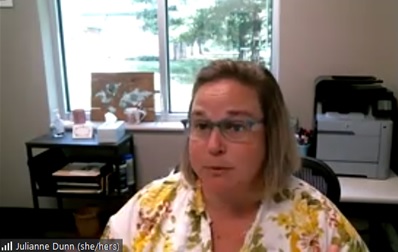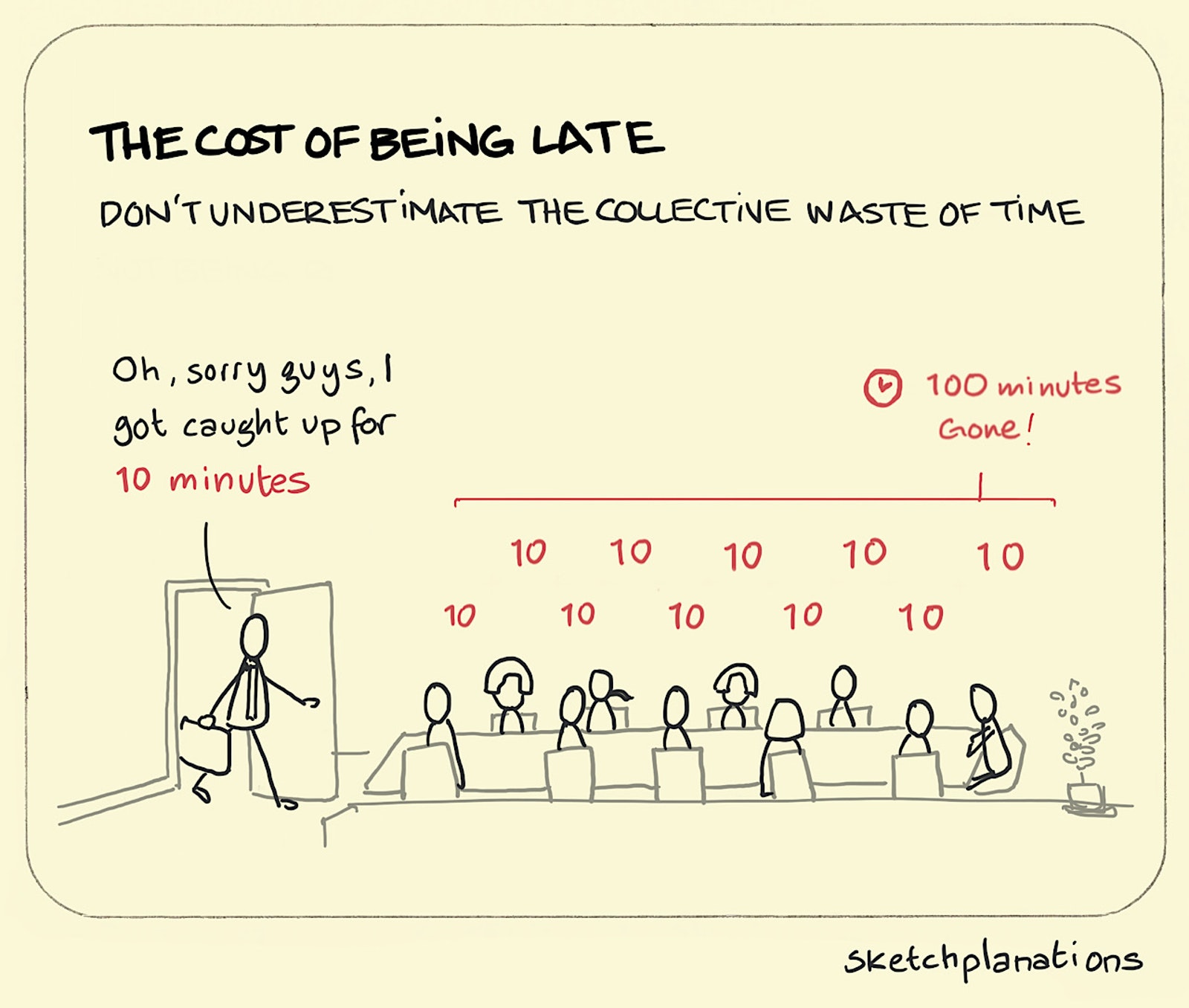July 2021
Contact
Lisa Davis
Program Associate-Leadership
Phone: 501-519-5472
Email: ldavis@uada.edu
University of Arkansas System Division of Agriculture
Cooperative Extension Service
2301 S. University Avenue
Little Rock, AR 72204
The Four Ds of Time Management: Delete, Delegate, Defer, and Do

The Leadership Lunch and Learn series continues to provide opportunities for professional development on a wide array of topics.
The June session — presented by Julianne Dunn, an instructor in the Community, Professional and Economic Development unit — highlighted time management.
The biggest advantages of time management is that it allows us to be more efficient by being in control of how we spend our time. The first step in managing time, Dunn said, is determining how you spend your time.
Dunn shared the following tools to help participants gauge how they use their time. Download the files below to use in your own process.
Are You A Time Thief?
 Dunn posed the question, “Are you a time thief?”
Dunn posed the question, “Are you a time thief?”
A time thief is a person or thing that wastes time. Dunn used the example of a colleague showing up 10 minutes late to a meeting.
If 10 people are in the meeting, the cost of being late is 10 minutes multiplied by the number of people in the meeting, which would equal the collective waste of time of 100 minutes. This example is illustrated in "The Cost of Being Late" graphic created by Sketchplanations.
Dunn shared various versions of a time management matrix, Pomodoro, the 1-3-5 Rule, and other useful techniques used to help decide on, prioritize, and stay focused on tasks.
Watch recording for full details.
She closed out the session with her hot tips to improve time management skills highlighting the Four Ds of time management: Delete, Delegate, Defer, and Do.
The 4 Ds of time management process was initially outlined in the book, The Power of Focus, written by Jack Canfield, Mark Victor Hansen, and Les Hewitt. They propose this approach to separate fake-urgent tasks from highly important ones to regain time control.
- Delete encourages individuals to learn to say “no” and carefully filter their to-do list.
People should delete clutter work such as junk mails and non-vital meetings to make
room for core matters.
- Delegate should include tasks that do not require the specific know-how of an individual. Reassigning
work is one of the most efficient strategies of time management, as long as the new
person-responsible has the required skills to fulfill the requirement.
- Defer can be used to postpone tasks that are not-time sensitive. Whether it is a new request
or a project with an extended deadline, work that can be postponed in favor of immediate
priorities should be.
- Do is as straightforward as it gets, start working on these tasks immediately and focus attention on them one at a time until they get them done.
Dunn's 9 Hot Tips For Successful Time Management
Dunn also shared several of her own hot tips for successful time management:
- Shut your door
- Clear the clutter
- Curb your technology
- Write it down
- Schedule it
- Consolidate routine actions
- Do not start day with emails
- Stop multi-tasking
- Do not finish everything you start
The Leadership Lunch and Learn series takes place the last Wednesday of every month from 12:15 p.m. to 1 p.m. The next session on Conflict Resolution is scheduled for July 28.
For more information contact Dr. Julie Robinson, jrobinson@uada.edu or Lisa Davis, ldavis@uada.edu.